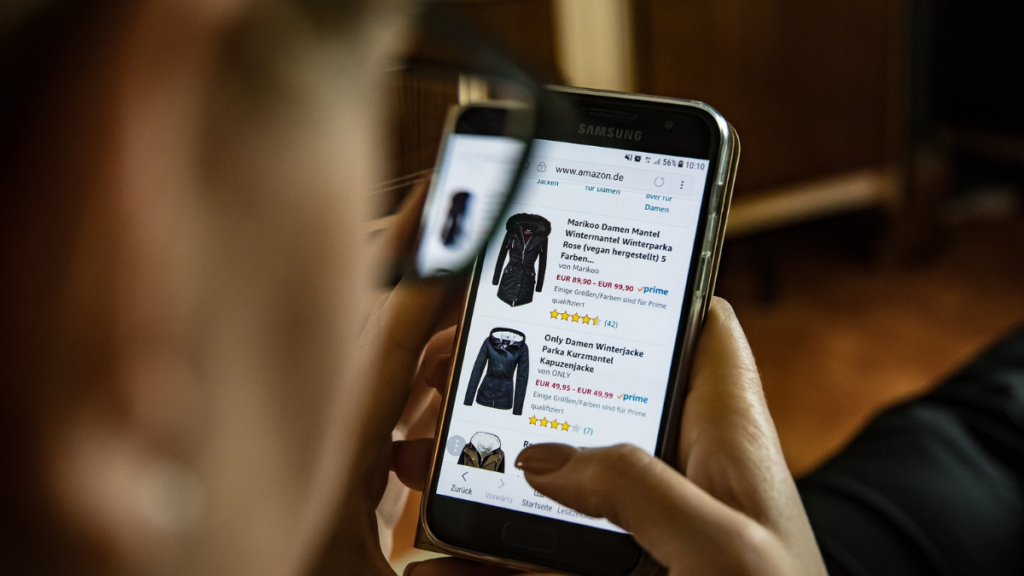
[ad_1]
Android 15 is currently in development and Google on Friday released the first Android 15 Developer Preview to give software developers and companies an idea of what to expect from the next version of its open source mobile operating system. According to Google, Android 15 will improve device security while allowing apps to take advantage of flagship hardware including advanced cameras, GPUs, displays, and AI. Other components like Privacy Sandbox, Health Connect, File Integrity are also set to receive upgrades when the update rolls out to users later this year.
In a blog post on Friday, Google revealed that the first Android 15 Developer Preview is now available for Pixel smartphones. These builds are unlikely to contain new user-facing features or changes to the interface — they are intended for developers to test their apps on the latest version of Android that is still in development and are expected to contain bugs.
With Android 15, applications will be able to boost the camera preview’s brightness via new low light enhancements, and control flash intensity precisely thanks to advanced flash strength adjustments, according to Google. It will also enable the use of a smartphone as a virtual MIDI 2.0 device using a composition app to control a synthesizer app.
Android 15 beta releases are expected to begin in April
Photo Credit: Google
Privacy Sandbox — Google’s new system to enable developers to show targeted ads that claims to preserve user privacy — is also getting an upgrade with Android 15. Health Connect will also support “new data types across fitness, nutrition, and more”, the company states.
Android 15 also contains new application programming interfaces (APIs) that can protect users from malware or changes to their files, by tapping into a powerful feature in the Linux kernel. Meanwhile, the next version of Android will enable support for partial screen sharing, allowing users to only record one app window instead of their whole screen.
The company says another developer preview is coming in March, and Android 15 beta releases will begin in April. Users who want to try out the upcoming version of Android can try out the public beta versions, but these are generally recommended to be installed on a secondary smartphone. Platform stability is expected to be achieved by June, which means that no new features or major changes will be made to the operating system beyond that milestone, according to Google.
[ad_2]
Source link


